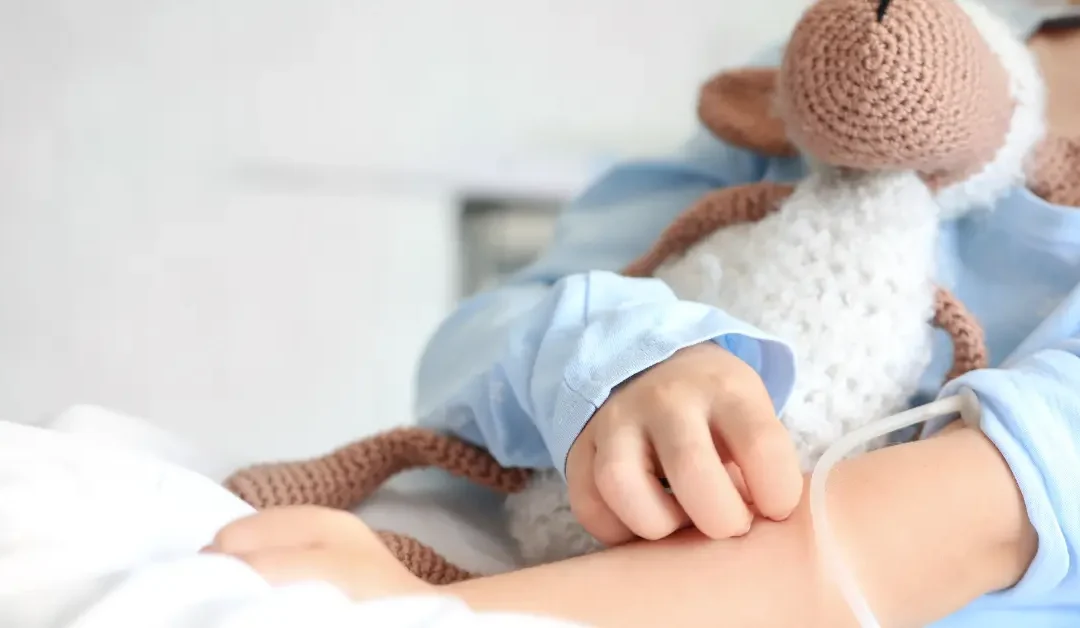The CHI hip surgery review has uncovered serious issues in paediatric care, prompting an apology from CHI and a commitment to reform.

Since the Surgical Symphysiotomy Payment Scheme opened for applications from 10 November to 05 December 2014, there remains some debate in relation to its role as an alternative form of redress to litigation through the Courts. One significant aspect to accept compensation from the Scheme is that an applicant waives all rights to sue any other person or entity who may carry some responsibility or liability relating the procedures carried out.
The Department of Health has confirmed that, to date, compensation payments in the sum of €3,850,000 have been accepted by 55 women who submitted applications to the Surgical Symphysiotomy Payment Scheme. The Scheme has been recommended by patient support group, Patient Focus, and the women who have accepted the payments are very happy and relieved with the outcome of the Scheme.
An additional 32 offers totaling €2,500,000 have been made to further applicants, bye the Scheme. It is likely that the payments and offers to date have been made in respect of women who have applied to the Scheme under Category A, where an applicant can simply prove that they underwent the procedure. Further applications, including those made under Category B and C, are currently being considered and it is expected that they will be made aware of the assessor’s decision in the next few weeks. Applications under Categories B and C have been made by women who suffered from significant disabilities such as, for example, pelvic instability, pelvic pain, dyspareunia, urinary incontinence, back pain, pain on walking.
As yet another surgical symphysiotomy case is currently being aired before Mr. Justice Kevin Cross of the High Court, by a 74 year old woman who has chosen to present her story in public, rather than apply to the Scheme, the question of the effectiveness of the Scheme continues to be questioned. Notwithstanding the fact that the hospital being sued contends the proceedings are statute-barred and also pleads the woman signed a consent form to any operation or anaesthetic that may be necessary during her time in the hospital, she has chosen to surrender her entitlement to apply to the Scheme.
The head of the Irish Human Rights and Equality Commission, Emily Logan, wrote to the Minister for Justice Frances Fitzgerald last year to express her concern about the length of time available to women to make applications and the structure of the scheme. She called for the Government to establish an independent investigation into symphysiotomy cases and to establish a process whereby the consultants involved can be prosecuted by the Courts.
Survivors of Symphysiotomy (SoS) has also heavily criticised the Symphysiotomy Payment Scheme and has gone so far as to accuse the Government of colluding against vulnerable women and has claimed that the Scheme was rushed through to prevent cases going to court. Chairwoman, Marie O’Connor, said many members had struggled with applications to the scheme as they were finding it to difficult to access their medical records.
It has been reported that 572 applications were made to the scheme, which is worth €34 million. This is 63% more than had been estimated by Judge Yvonne Murphy in the 2013 report prepared by her at the behest of former Minister for Health, James Reilly, so it would seem that if a cohort of women remains, who still wish to sue through the Courts, this cohort is very small. In any event, as time moves on, the appetite for women in their seventies, eighties or nineties to take on the State in the Courts, has waned, or indeed these women have become deceased.
The scheme offers three categories of payment, at €50,000, €100,000 and €150,000, depending on the severity of the injuries and documentation that is submitted. It also provides for women who underwent pubiotomy, which involved cutting the pubic bone, and covers legal costs incurred in making applications. The payments are ex-gratia, meaning there will be no admission of wrongdoing.
Recent media commentary on the Symphysiotomy Payment Scheme :
http://www.irishtimes.com/news/health/symphysiotomy-scheme-pays-out-nearly-4m-to-date-1.2084357

Head of Client Services
F: 1800-844-104
E: [email protected]
”At Coleman Legal, excellence in customer care is paramount. We aim to meet both prospective and existing clients’ needs professionally and in a friendly manner with a clear objective of giving quality legal advice and reaching a positive outcome.”